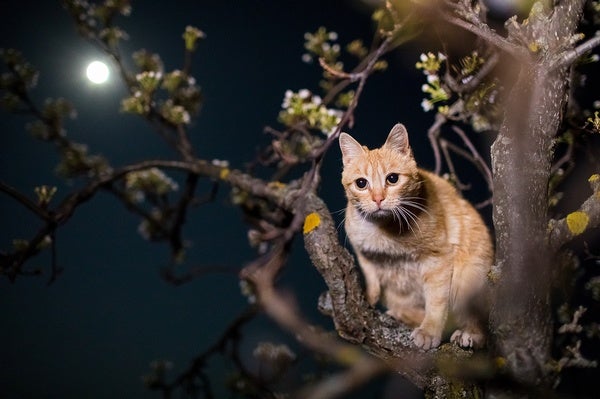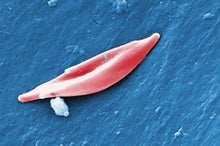Sponsored by  | |
 |
| December 15, 2023 |
 |
| |
| |
| |
| |
| |
| |
| |
| |
| Behavior Why Some People Choose Not to Know Altruists seek to understand how their actions will affect others—while willful ignorance can free people to act selfishly | | By Linh Vu,Margarita Leib | | | |
| |
| |
| |
| |
BRING SCIENCE HOME
 | | Don't Forget! Test and Trick Your Short-Term Memory |  Can you trick your short-term memory into working better? Gather some volunteers and find out! Credit: George Retseck | If someone tells you to remember a phone number or address, it can feel like an easy task at first. You repeat the numbers to yourself, either aloud or in your mind. But after just a few seconds you might find yourself starting to doubt your own memory. Was it 5-7-3 or 3-7-5? Our brain is always seeking new and useful information, and as a result it will try to throw away information that seems old or irrelevant, such as a random string of numbers or an address. There are ways of helping our minds retain information, however, and in this activity you will explore ways that we lose and keep memories. | |  | |
LATEST ISSUES
 |
| |
| Questions? Comments?  | |
| Download the Scientific American App |
| |
| |

























